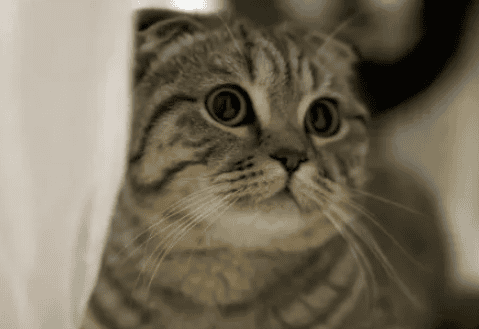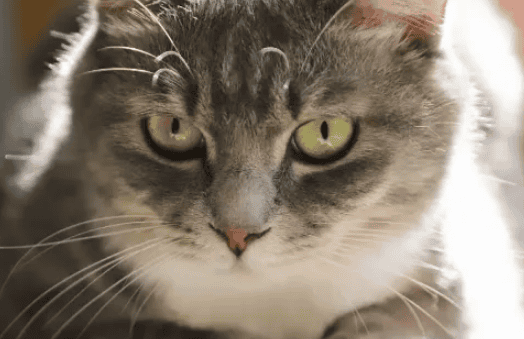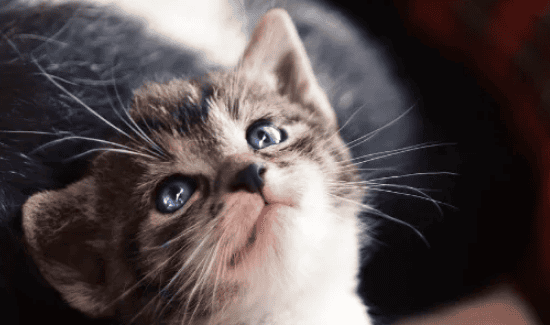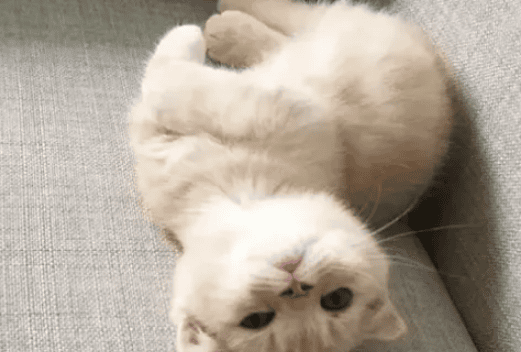Cat depression is a common mental illness, and many cat owners may not realize that cats can also suffer from depression. In fact, cats have emotional needs and psychological stress just like humans. When cats suffer psychological trauma or live in an adverse environment for a long time, they may develop symptoms of depression. The following are seven major signs of depression in cats. Caretakers should always pay attention to the physical and mental health of cats and discover and solve problems in a timely manner.

1. Significant decrease in appetite and reduced appetite
Depressed cats usually show symptoms of decreased appetite and reduced food intake. This may be due to the cat's psychological stress, which weakens the function of the digestive system, thus affecting appetite. If the cat's food intake is significantly reduced and lasts for a long time, the cat should consider the possibility of depression.

2. The amount of water consumed is significantly reduced, much lower than before
Depressed cats not only lose their appetite, but may also reduce their water consumption. The phenomenon. Under normal circumstances, cats need to consume enough water every day to stay healthy. If the cat's water intake decreases significantly, the cat's cat owner needs to pay attention to its mental health and look for possible reasons.

3. One-time hair removal, massive hair loss or plucking
A common manifestation of depression in cats is massive hair loss or plucking. hair. This may be because cats pluck their hair to relieve psychological stress, causing hair to fall out. The cat owner should pay attention to observe whether the cat has abnormal hair loss, and if so, seek help as soon as possible.
4. Loss of energy and easy fatigue
Depressed cats usually show symptoms of low energy and easy fatigue. Cats that were originally lively and active may become lazy and no longer like to play and exercise. The scavenger should pay attention to the cat's behavioral changes, look for possible causes, and provide care and support.
5. Hiding in hard-to-find places
Depressed cats may choose to hide in small, hard-to-find places in order to seek a sense of security. A cat that originally likes to hang out in front of people may suddenly disappear. The scavenger needs to pay attention to find the cat's hiding place and try to improve its living environment to make it feel at ease.
6. No interest in playing and feeling depressed
Depressed cats may lose interest in toys and games and become listless all day long. A playful cat may become silent and lack energy. The cat owner should try to guide the cat to participate in the game, create a pleasant atmosphere for it, and help it restore its mood.

7. He suddenly became barking, which sounded like Hissing and whimpering
Depressed cats may suddenly become vocal, and their barks sound hoarse and whimpering. This may be the cat expressing inner uneasiness and pain. The scavenger should pay attention to the cat's emotional changes, try to find possible causes, and provide it with the necessary support and care.
Poop scrapers should always pay attention to the physical and mental health of cats and detect signs of depression in a timely manner. By improving the cat's living environment, increasing companionship and care, and seeking professional help when necessary, poop scrapers can help cats get out of the shadow of depression and regain happiness.

 扫一扫微信交流
扫一扫微信交流
发布评论